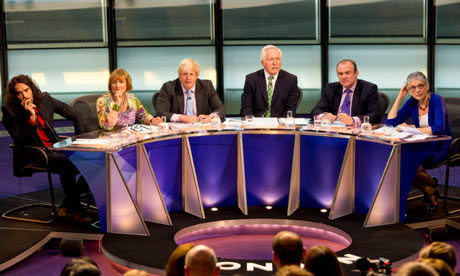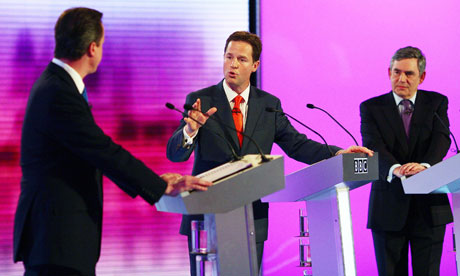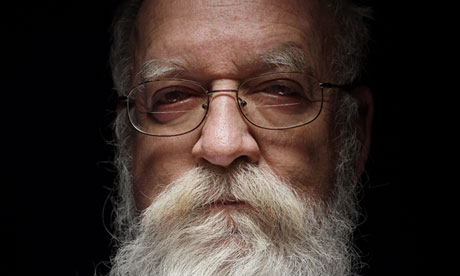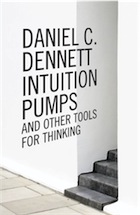
During the debate over the motion of thanks to the President’s address in Parliament, Congress leader Rahul Gandhi made several good points in his speech. He raised critical issues like the importance of federalism, widespread joblessness, inequality, crony capitalism in India, and unfulfilled development promises. He also talked about the sacrifices made by his family and ancestors. Congress supporters as well as Left and liberal secularists are going gaga over Gandhi’s speech and talking in superlatives. This is fine.
Gandhi’s extempore speech, without the use of a teleprompter, was laced with conviction and courage.
But politics, unlike debating society, is not only about oratory and being convincing and logical or even about telling the truth. More so in India of today, where in Narendra Modi, Gandhi has an opponent whose claim to fame is his glorified ability to strike an emotional chord with the people.
Prime Minister Modi has made and is still making two sets of promises. One set of promises are for the larger audiences, those who are not in the BJP fold. The second set of Modi’s promises are for the BJP’s core voters, the insiders.
The written manifesto BJP’s isn’t bothered about
Let’s look at first set of promises as per the BJP’s 2014 Lok Sabha election manifesto.
1. Price Rise: Will stop hoarding and black marketing. Special courts to stop hoarding. Price stabilisation fund.
2. Employment: Jobs to 2 crore youth every year.
3. Health: Drinking water for all. AIIMS-like institutions in all states
4. Smart Cities: Will create 100 new smart cities with free wi-fi and world-class facilities
5. Housing: Pucca house for everyone by 2022
6. Infrastructure: Bullet train, freight corridors, Sagar Mala project, upgraded connectivity of Northeast and J&K with the rest of India.
7. Education: Raising public spending on education to 6 per cent of GDP. Establishing national e-library
8. Rural Development: Identifying 100 of the most backward districts and bringing them at par with developed districts
9. E-governance: Broadband connectivity in all villages. Digitalising all government records.
10. Women: 33 per cent reservation for women through constitutional amendment
11. Electoral reform: Electoral reforms to eliminate criminals. Evolve a method of holding Assembly and Lok Sabha elections simultaneously.
The BJP government started work on some of these promises and can also claim deliveries. But even the BJP does not make them poll issues anymore. It is hard to recall the last time any senior BJP leader even talked about these promises in political rallies.
My argument is that the BJP does not identify itself with these issues anymore. They are simply packaging material used for impression management.
So, when Rahul Gandhi talks about BJP’s failures in health, Make in India, education, employment, manufacturing sector or on mitigating inequality, he is hitting the BJP where it doesn’t hurt the party. The BJP is not even claiming to have performed in these fields. Whatever it has done are side shows that even the BJP does not believe in promoting.
So, what are the BJP’s main offerings? It is this question that brings us to the second set of BJP’s promises.
Unwritten promises the BJP is fulfilling
These are the promises that the party makes to its core constituencies, its faithful voters. These promises often don’t end up in the BJP’s election manifesto. The party goes into an unwritten agreement with its core voters, promising that these will be delivered, come what may. These promises are like construction of Ram Temple in Ayodhya, Kashi and Mathura, Uniform Civil Code, abrogation of Article 370, cow protection, ‘saving’ Hindu girls from the so-called “love jihad”, keeping Muslim ‘refugees’ in check, promoting Sanskrit, Yoga and Ayurveda, and so on and so forth.
The BJP has delivered on each of these promises. With the Triple Talaq law, it has delivered half of Uniform Civil Code, which is work in progress for the BJP. Kashi Corridor’s development has made Gyanvapi mosque almost invisible. The BJP has assuaged the sentiments of the Kashmiri Pandits and the Brahmins by dismantling the statehood and assembly of J&K. One can easily argue that these are not the real issues as they have nothing to do with people’s welfare, health, education, job or infrastructure.
But to say so will be an underestimation of India’s political reality. Consider this: there is almost zero possibility of someone in mainland India dying in a terror attack, and yet, the BJP can make fighting terrorism a big issue as we saw in the 2019 Lok Sabha election, when Modi-led BJP campaign played the Pulwama attack to the hilt. Any such attack is by and large a case of intelligence failure, but that argument was lost in the cacophony of counter attack and macho nationalism that Modi, BJP leaders and the media drove incessantly until the end of the election. In the 2019 Lok Sabha election, the biggest casualty was the BJP’s 2014 election manifesto. Nobody was interested in putting out a report card, assessing the government’s delivery on the promises it had made to register an unprecedented victory five years before.
You can’t fact-check emotions
In his book Nervous States, British political scientist William Davies argues, “Experts and facts no longer seem capable of settling arguments to the extent that they once did. Objective claims about the economy, society, the human body and nature can no longer be successfully insulated from emotions.” He cites various events in recent history to argue that the 17th century enlightenment ideas of experts and facts are now losing steam, and the institutions that should be beyond the fray of politics of sentiments and emotions are withering away.
In such a scenario, when emotions and feelings have become more overpowering, Rahul Gandhi is trying to become a fact-checker and a hermit who talks about GDP, growth and human development. He might be telling the truth, but will that sufficiently counter the emotional pitching of the BJP? We don’t have any template to answer this question, but fighting fake news with fact check has not been a successful project. If fake news confirms the ideas and emotions of an individual or a group, then it travels far and wide. Fact check, on the other hand, reaches a limited audience as it targets the thinking faculties and misses the feelings and emotions. And emotions will, and do, overwhelm the domain of truth on any given day.
Despite all the praises and claps Rahul Gandhi got for his fiery speech, his task remains quite difficult.
Journalist and editor William Davis has an advice, which can be useful for Rahul Gandhi and for all the rationalists and liberals — “Rather than denigrate the influence of feelings in society today, we need to get better at listening to them and learning from them. Instead of bemoaning the influx of emotions into politics, we should value democracy’s capacity to give voice to fear, pain and anxiety that might otherwise be diverted in far more destructive directions. If we’re to steer through the new epoch, and rediscover something more stable beyond it, we need, above all, to understand it.”







